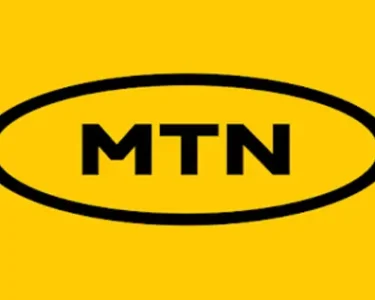As of the end of 2022, there were officially 1,986 mobile virtual network operators (MVNOs) deployed and operational worldwide, of which around 50% were in Europe. However, this figure may not be entirely accurate. In addition, there is an informal number of other virtual operators offering services under the branded reseller or service provider model on MVNA/E platforms. These companies do not hold the MVNO status but offer a complete mobile telephony service.
The growth of mobile virtual network operators (MVNOs) has been very uneven around the world. While the market share of MVNOs on the African continent is just under 1%, only in some European countries, such as Germany, do we find market shares of over 40%, with 140 MVNOs operating commercially. Right now there are huge differences, but it is important to note that new indicators are emerging that suggest that not everything has been said: there is still much to be done.
According to Future Market Insights, the forecast growth of the global MVNO market – CAGR – from 2022 to 2032 is almost 7.7%. It is slightly lower than its previous growth rates, which were above 8%, the global MVNO industry remains healthy and will continue to grow. It is noteworthy that the market value is anticipated to rise from US$ 70.3 billion in 2022 to US$ 147.7 billion in 2032.
Another indication undoubtedly derives from the Nigerian Communications Commission’s recent tendering of 42 new MVNO licenses, and more significantly, the remarkable market response from new players at a national level, who have successfully secured every licence available.
While the Nigerian case is definitely unique, it also illuminates the pivotal role of MVNOs in invigorating the mobile industry, introducing tailored niche products and innovative services, and narrowing the digital gap in the nation, particularly in vast territories where there exists a significant, disregarded rural populace that remains unconnected.
The role of MVNOs should not be deemed only as competing with the major Mobile Network Operators (MNOs), but instead as a symbiotic relationship where both parties can benefit. Their main objective is to complement, providing a differentiated mobile service offer, value added services and connectivity to all segments and corners of the country that have often been overlooked previously, creating employment opportunities – both directly and indirectly – and fostering democracy in technology via novel offerings and competitive pricing.
Challenges for MVNOs
With only a few exceptions, the market for MVNOs in Africa is still in its early stages and has a great deal of ground to cover. Currently, the primary obstacle that operators face is finding a technology partner, who can guide them at both a technical and business level throughout the entire service lifecycle; help them make decisions on how to grow in the future; and, of course, have a turnkey Core + BSS/OSS solution, fully compatible across the range of available technologies, such as 2G, 3G, 4G, and 5G.
Advice and technology are becoming an essential combination for new MVNOs who, in defining and designing their business strategies, have to decide which mobile technology to use, and plan ahead for a solution that allows them to provide services in both 4G and 5G , while at the same time facing the disconnection of legacy networks announced by mobile operators in each country.
Collaborating with an appropriate technological partner, capable of transforming conceptual projects into realities through a comprehensive one-stop-shop solution, provides the guarantee of success. This kind of partnership not only offers guidance on legacy technologies, it also extends its expertise to emerging solutions such as 5G SA and VONR.
This ensures a holistic approach to technological advancements and a seamless transition between established and cutting-edge technologies. If we complement this approach with the operational and maintenance support in a full managed service model, the CSP can consistently exercise the choice to entrust all SSPP responsibilities to its trusted partner.
The need for regulation
Regulation is crucial for the successful operation of new MVNOs. The state and telecoms regulator must be cognizant of the potential of mobile virtual network operators as market catalysts and wealth generators for the country. Governments and regulatory bodies need to promote a minimum level playing field to enable them to succeed.
The role of the regulator itself is also critical to the existence and continuity of the MVNO. Modern and up-to-date regulation is essential, but it is equally important for authorities to promote and ensure fair competition in the market as a mechanism for users to get more and better services at competitive prices.
5G Vision
The arrival of 5G is unevenly spread across the world. Unlike its predecessors, 5G technology will bring disruptive changes and will require the telecoms sector to make forward-looking decisions well in advance. It will be critical to have a unified solution that supports all technologies. A solution that enables backward interoperability would eliminate the need for operators to deploy multiple networks for each access technology. This would result in significant cost savings.
Alfonso Reillo, Global MVNO Sales director – JSC Ingenium




